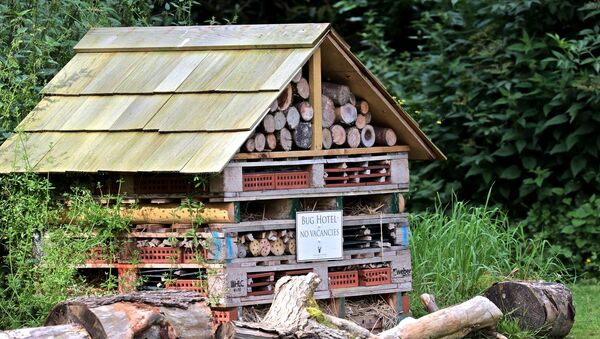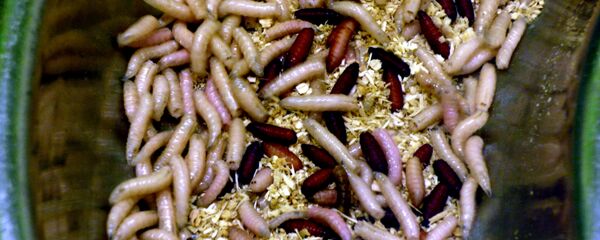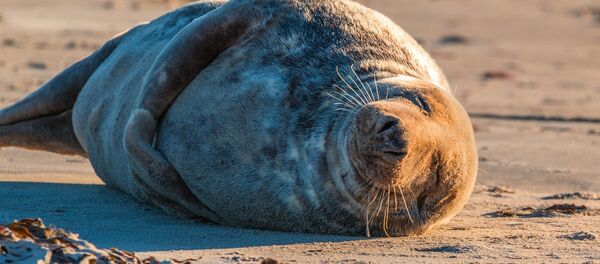"We have to do something. Many insect species are becoming red-listed, it feels right to do this effort," Andreas Svendsen told Swedish national broadcaster SVT. Svendsen also stressed the importance of insects for the pollination of flowers, fruits, berries and other crops, emphasizing the risk of losing the supply of vegetables if insects were to disappear.
The insect hotel in Mölndal will be Sweden's largest. The hope is to start construction in the summer of 2018, but already last year the seeds were planted for what Andreas Svendsen called the "restaurant."
"It's no rocket science we're dealing with, it's rather back to basics," Svendsen said, explaining that the insects will come naturally.
"Everything from leaving the fallen leaves on the ground in the fall, to buying hives for bees would be nice," Svendsen said.
However unusual, the project was blessed with state support. Västra Götaland County administrative board allocated SEK 6 million ($680,000) from the Swedish Environmental Protection Agency to various local conservation projects, including the insect hotel in Mölndal. Among other things, the money will help to set up hiking trails, restore coastal areas and plant meadows. The list of beneficiaries also includes bats and trout.
Sweden's love of nature is best illustrated by the fact that each of Sweden's 25 historical provinces has been assigned a province animal, province fish and province flower as a trademark symbol. Furthermore, the distinction is enhanced by province mushrooms, province stones, province mosses and yes, province insects.
Never miss a story again — sign up to our Telegram channel and we'll keep you up to speed!





